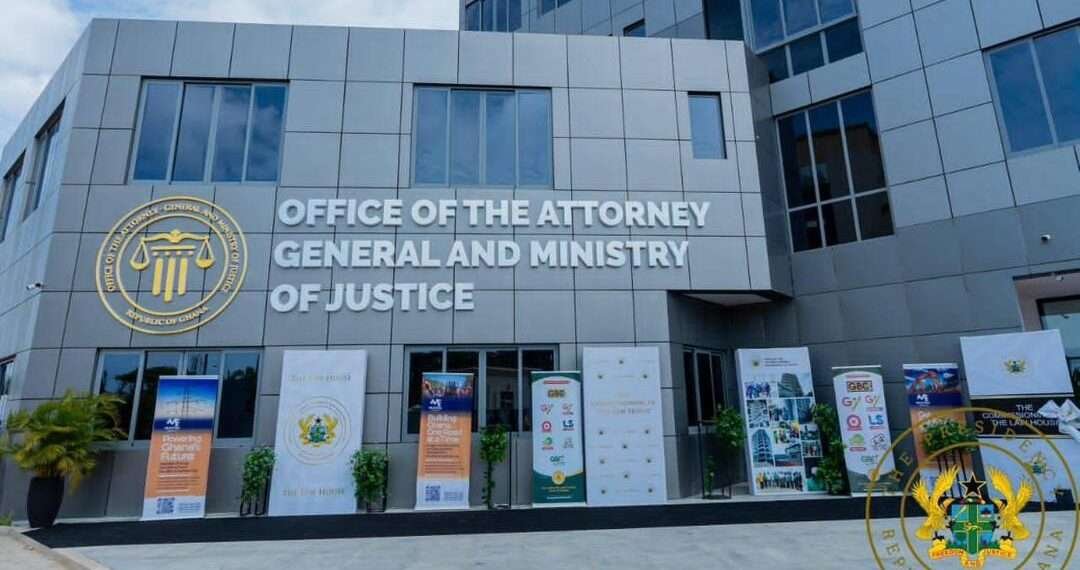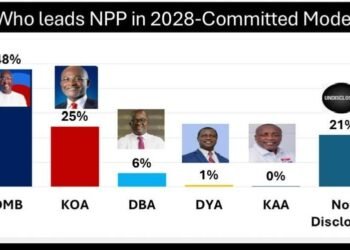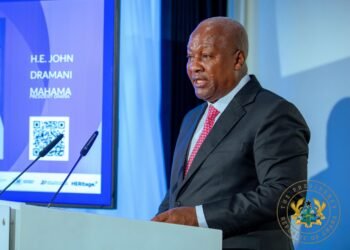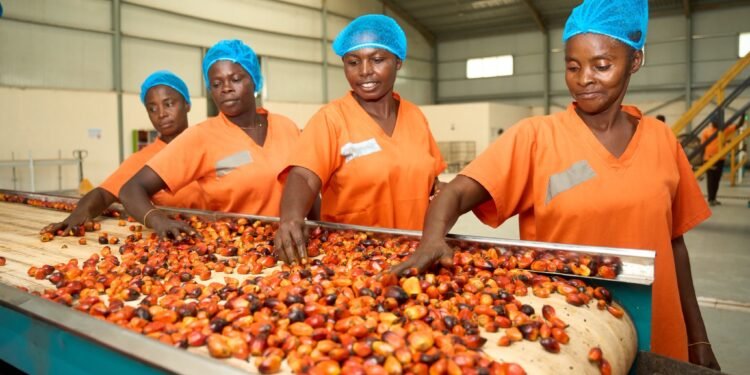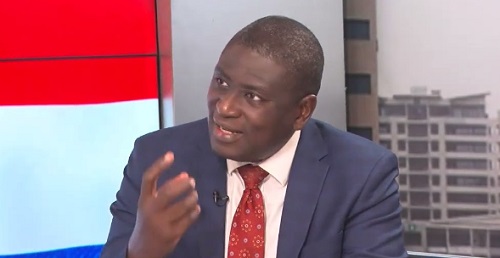Oliver Barker-Vormawor, a lawyer and convenor of the ‘Fix the Country Movement,’ has called for the next Attorney General to introduce legislation aimed at repealing all laws that criminalize speech.
He emphasized the importance of safeguarding freedom of expression and removing legal provisions that restrict individuals’ rights to speak freely.
According to Barker-Vormawor, repealing such laws would promote a more democratic society where citizens can express their opinions without fear of legal repercussions.
He urged the incoming Attorney General to prioritize this reform to strengthen Ghana’s commitment to fundamental human rights.
“Dr. Dominic Akuritinga Ayine as the next AG is currently the first and only AG nominee who has been victimized by the contempt powers of the Courts and has seen how it can be used perniciously to target dissenting opinions”.
Oliver Barker-Vormawor
According to Barker-Vormawor, the most effective solution to combating false news is the promotion of truthful news, rather than resorting to criminalization.
He argued that criminalizing false information only limits freedom of expression and stifles open discourse, which is essential in any democratic society.

Instead, he advocated for the active dissemination of accurate information and the empowerment of the public to critically evaluate news sources.
Barker-Vormawor emphasized that fostering an informed society through education and transparency is the most powerful way to counter misinformation and uphold the right to free speech.
Barker-Vormawor Calls for Clear Limits on Contempt Powers
Furthermore, Oliver Barker-Vormawor argued that legislation must clearly define and limit the contempt powers of the courts, restricting them exclusively to contempt in the face of the court (in facie curiae).
He pointed out that even in such instances, individuals must be guaranteed their constitutional right to due process, which includes the entitlement to a full and fair trial.
Barker-Vormawor emphasized that the application of contempt powers should not be used arbitrarily to suppress free speech or intimidate individuals into silence.
He argued that the legal system must prioritize fairness and transparency, ensuring that no one is subjected to penalties or imprisonment without a thorough examination of the case, as the Constitution intends.
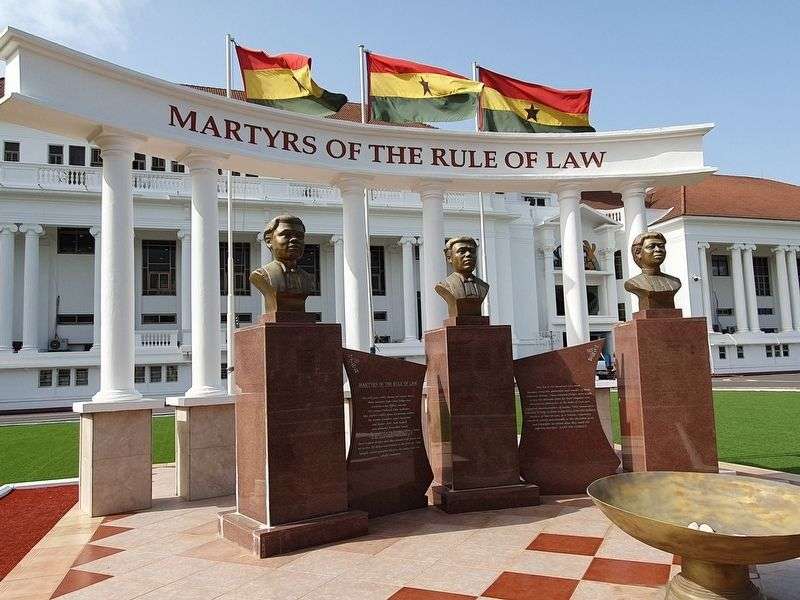
By doing so, he believes the judicial system will uphold the principles of justice while protecting individuals’ fundamental rights.
“The President’s [Mahama] legacy as a champion of speech freedoms must be cemented, by thoughtful touches to our legal framework.
“Akufo- Nana Addo Dankwa Akufo-Addo weaponized these laws and created for himself a terrible legacy”.
Oliver Barker-Vormawor
The social activist also expressed his willingness to undertake the task of conducting a thorough legislative audit of Ghana’s criminal laws.
He emphasized his readiness to carefully review and assess the current legal framework to identify areas for reform.
Barker-Vormawor indicated that upon completing this audit, he is committed to presenting his findings, along with any proposed recommendations, to the Attorney General.
By doing so, he aims to contribute to the development of a more just and progressive legal system, one that upholds fundamental rights and ensures fairness in the application of criminal law.
His initiative reflects a broader commitment to improving the legal landscape and advancing the cause of justice in Ghana.
Meanwhile, the public has largely welcomed the nomination of Dr. Dominic Akuritinga Ayine as Attorney General by President Mahama, acknowledging his strong qualifications for the role.
Many have expressed confidence in his ability to serve effectively, given his extensive legal expertise and experience.
However, there have also been calls for a closer examination of the powers vested in the Chief Justice (CJ) regarding the appointment of judges to preside over politically sensitive cases.
Critics argue that the Attorney General should address this issue to ensure that the selection process remains impartial, transparent, and free from political influence, thus preserving the integrity of the judiciary and maintaining public trust in the legal system.
READ ALSO: UK Energy Supply Secure Despite Gas Storage Concerns

